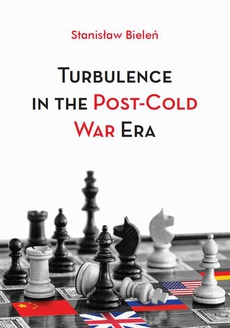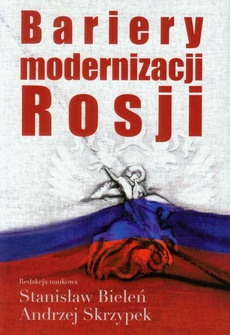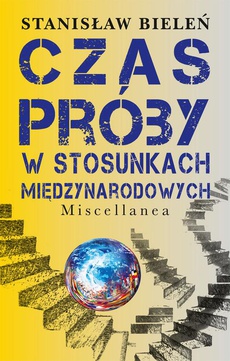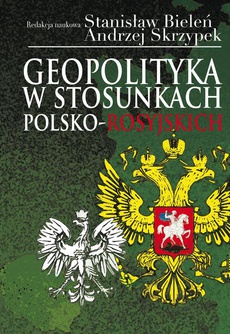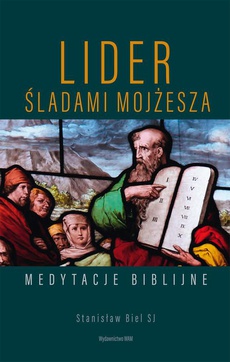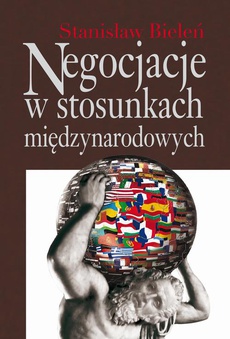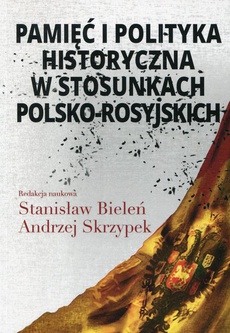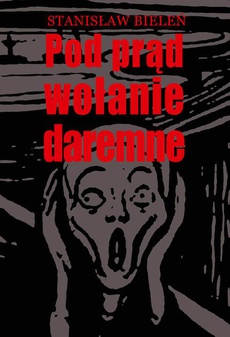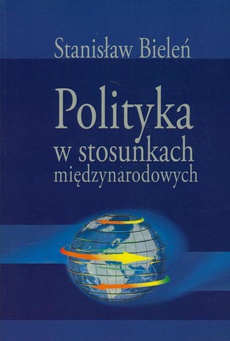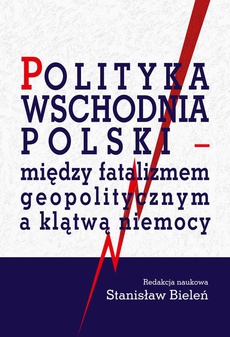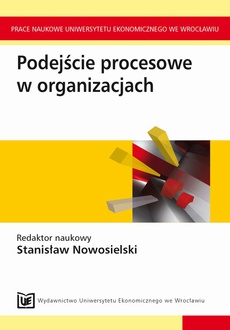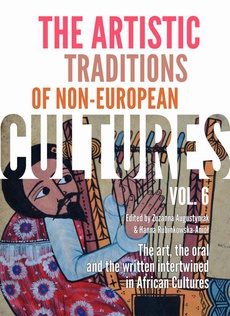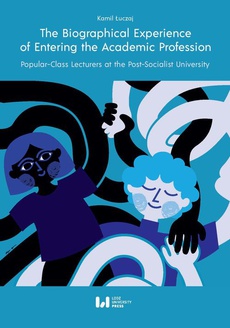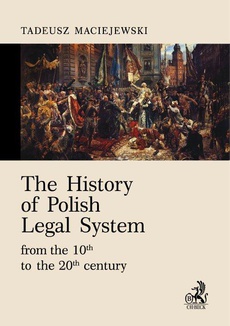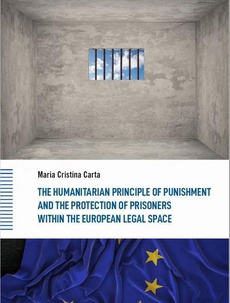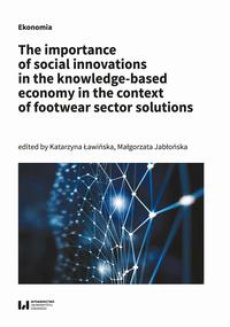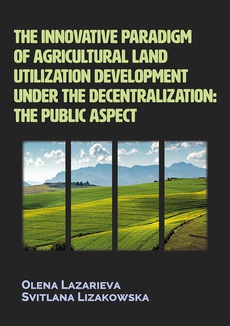INNE EBOOKI AUTORA
Turbulence in the Post-Cold War Era
Autor:
Wydawca:
Format:
ibuk
The author pinpoints the relations between geopolitics and globalisation from the angle of the post-Cold War politically turbulent order. Against this background of a clash between two opposing tendencies – revisionism and defence of the status quo – the author determines the dynamics of the deconcentration of forces in the international system, which is increasingly polycentric and less and less monocentric.
He devotes much attention to the identity crisis of the West (from the crisis of US leadership to the depreciation of NATO). He characterizes Russia, with its aspirations to rebuild its superpower status and its imperial mission, as the main geopolitical opponent of the West. Pointing to the contemporary discourse on Russia and the risk of escalating a new confrontation reminiscent of the Cold War era, he critically assesses the consequences of Poland's international policy.
Perhaps the biggest virtue that jumps out from the pages of the book under review is the author’s intellectual independence and scrupulousness, which pay heed to no fashion or environmental conformism. The social sciences
today, unfortunately, are not free of these, nor of ideological and political commitments that may certainly enhance individual academic careers, but objectively harm science, whatever the political system; above all, they violate the academic imperative of impartiality in the pursuit of knowledge. In this respect, Bieleń’s book can serve as a model to be emulated by younger
generations of researchers, whom it will encourage to take the high road of individual sovereignty, avoiding compromises with the truth that could lead them to put undue, ill-directed emphasis on their own career success and rapid advancement as measured by quantitative administrative methods. (From a publisher’s review by Jarosław Dobrzański)
Professor Bieleń’s work, in comparison with those of many other Polish authors, has the merit of approaching the subject investigated from a broad perspective that is untainted – as often happens – with polonocentrism, which is frequently combined with a very subjective view of history that limits an author’s ability to refrain from overly partial analyses. The method employed in this work is helpful in making sense of the interests of particular states, and of the pleasant or unpleasant realities functioning within every state, especially powerful states – including those allied with Poland - that never put the interests of their allies ahead of their own (...). From the perspective of foreign researchers who are rather unfamiliar with the realities of Poland, Professor Bieleń’s work can be helpful in understanding today’s Poland as it actually functions, but is not too subjective for readers to accept the description provided of situations that often discourage many researchers from the realities of Poland. This also applies more broadly, to the educated foreign public, especially in the countries of the West and in Russia; in both cases, Poles are often suspected of being partial and of taking a subjective view of the reality around them. (From a publisher’s review by Bruno Drwęski)
******
Turbulencje epoki pozimnowojennej
Autor diagnozuje relacje między geopolityką i globalizacją przez pryzmat zakłóceń (turbulencji) ładu pozimnowojennego. Na tle dwóch przeciwstawnych tendencji – rewizjonizmu i obrony status quo – omawia dynamikę dekoncentracji sił w systemie międzynarodowym, który jest coraz bardziej policentryczny (poligonia), a coraz mniej monocentryczny (hegemonia).
Wiele uwagi poświęca kryzysowi tożsamości Zachodu (od kryzysu przywództwa USA, po deprecjację NATO). Jako głównego geopolitycznego oponenta Zachodu najszerzej charakteryzuje Rosję, jej dążenia do odbudowy statusu mocarstwa oraz misyjność imperialną. Opisując współczesny dyskurs wokół Rosji i ryzyko eskalacji nowej konfrontacji, przypominającej czasy zimnej wojny, krytycznie ocenia konsekwencje prowadzonej przez Polskę polityki międzynarodowej.
Publikacja na licencji Creative Commons Uznanie autorstwa 3.0 PL (CC BY 3.0 PL) (pełna treść wzorca dostępna pod adresem: http://creativecommons.org/licenses/by/3.0/pl/legalcode).
| Rok wydania | 2021 |
|---|---|
| Liczba stron | 238 |
| Kategoria | Publikacje darmowe |
| Wydawca | Uniwersytet Warszawski |
| ISBN-13 | 978-83-235-5320-5 |
| Numer wydania | 1 |
| Język publikacji | angielski |
| Informacja o sprzedawcy | ePWN sp. z o.o. |
POLECAMY
Ciekawe propozycje
Spis treści
| Introduction | 7 |
| Chapter I. Geopolitical determinants of the international order 17 | |
| 1. Geopolitics and globalization | 17 |
| 2. Characteristics of the transition from the Cold War to the post-Cold War order | 24 |
| 3. How the international order is governed | 29 |
| Chapter II. Th e place of states in the international order 34 | |
| 1. The relativization of the nation state | 34 |
| 2. The threat of an imperialization of the world | 40 |
| 3. The implications of the fall of states | 43 |
| 4. The state from the global perspective | 49 |
| Chapter III. Status as an indicator of states’ positions | |
| in the international hierarchy 59 | |
| 1. Status as conceived sociologically | 59 |
| 2. Status as conceived legally | 61 |
| 3. The fight for status in international relations | 63 |
| 4. Poland’s historically and geopolitically encumbered status | 69 |
| Chapter IV. Manifestations of revisionism and the defence of the status quo in international relations 75 | |
| 1. Antecedents of revisionism and the status quo | 75 |
| 2. Russia and China as sources of anti-Western revisionism | 77 |
| 3. The dialectics of revisionism and the defence of the status quo | 80 |
| Chapter V. From hegemony to ‘polygony’ in international | |
| relations 87 | |
| 1. Hegemony as an indicator of the post-Cold War order | 87 |
| 2. Under the mark of American power | 88 |
| 3. US hegemony contested | 96 |
| 4. Towards ‘polygony’ – a multicentric polygon of powers | 99 |
| Chapter VI. Th e identity crisis of the Western alliance 105 | |
| 1. Reassessments in the Western world | 105 |
| 2. The decline of the alliance | 107 |
| 3. The need to restore common interests | 113 |
| Chapter VII. Redefi ning Russia as a superpower | |
| in international relations 119 | |
| 1. Russia’s traditions as a great power | 119 |
| 2. The search for a new identity | 121 |
| 3. Determination to restore superpower status | 125 |
| 4. Image-building | 133 |
| 5. Pan-Russianism as a manifestation of imperial ideology | 138 |
| Chapter VIII. Perceptions of Russia in international relations 144 | |
| 1. Perception and international images | 144 |
| 2. Lasting tendencies in perceptions of Russia | 147 |
| 3. The discourse over Russia | 152 |
| 4. How Russia is perceived in Poland | 159 |
| Chapter IX. A return to Realpolitik in Russian-Western | |
| relations as a result of the confl ict in Ukraine 165 | |
| 1. The background of Russia’s new confrontation with the West | 165 |
| 2. The foundations of Russian Realpolitik | 167 |
| 3. The risk of an escalation in the conflict | 174 |
| 4. Poland vs Russian Realpolitik | 176 |
| Chapter X. Central European energy security in the American geopolitical game 183 | |
| 1. Energy interdependence in the modern world | 183 |
| 2. The American energy game over Europe | 186 |
| 3. The dialectics of American-Russian interdependence | 190 |
| Conclusion | 198 |
| Bibliography | 208 |
| Index 230 | |

